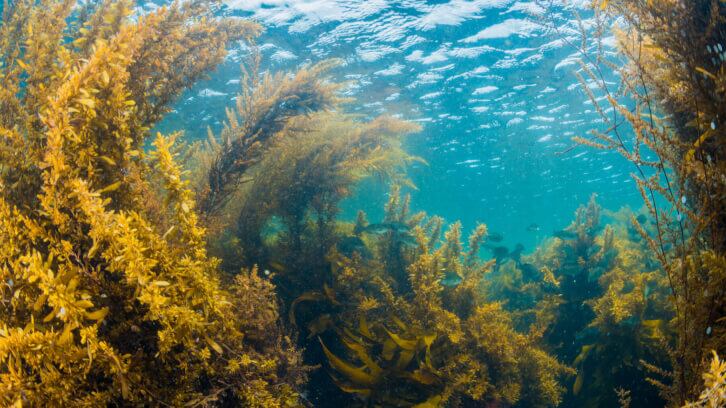The researchers note substantial improvements to postprandial blood glucose, glycated haemoglobin (HbA1c), and Homeostatic Model Assessment of Insulin Resistance (HOMA-IR) levels following consumption, when compared to control groups.
The researchers conclude: “Therefore, based on our research, seaweed supplementation appears to be a promising strategy for reducing postprandial blood glucose, HbA1c, and HOMA-IR levels, thereby enabling better blood glucose management and leading to a decreased risk of type 2 diabetes.”
Diabetes prevalence
Prevalent shifts to increasingly sedentary lifestyles and western diets high in calories have led to the obesity epidemic of the modern day, resulting in significant increases in chronic disease occurrence. It is known that 90% of diabetes cases result from overweight and obesity, which can increase risk of adverse health outcomes such as cardiovascular diseases and cerebrovascular events including stroke.
Whilst diabetes treatment often involves the administration of medications such as insulin and metformin, these solutions have often been reported to have significant side-effects. Dietary interventions as effective, long-term strategies have been increasingly investigated, with the benefits of a Mediterranean diet and caloric restriction strategies being well documented.
Specifically, the health benefits of algae consumption have been increasingly studied over recent years due the potent levels of polyphenols, polysaccharides, and carotenoid, as well as their high protein and fibre contents. Consequently, seaweed supplementation has increased in popularity.
Whilst previous research has found associations between brown seaweed intakes and blood glucose regulation, there is a lack of comprehensive evaluations of the available evidence to allow for conclusions to be made on their efficacy over diabetes prevention. Thus, the present literature review sought to bridge this gap.
Review findings
The researchers utilised the databases of PubMed, RISS, Google Scholar, Science Direct, and Cochrane Library to gather available studies investigating the effects of algae supplementation on human blood glucose. Specific inclusion criteria and keywords were used to identify 23 relevant studies.
It was determined that those consuming seaweed had significant improvements to postprandial blood glucose, HbA1c, and HOMA-IR levels, when compared to the control groups.
Further subgroup analysis indicated that high dosages of 1000mg and over resulted in greater benefits over lower dosages, with Laminaria digitata, Undaria pinnatifida, Acophyllum nodosum, and Fucus vesiculosus species found to be more effective at delivering blood glucose improvements.
However, it was noted that significant associations were not established between fasting blood glucose and insulin levels and seaweed intakes.
Study significance
The researchers highlight the significance of their findings: “The decrease in postprandial blood glucose, HbA1c, and HOMA-IR as a result of consuming seaweed or its extracts indicates a reduced risk of diabetes patients experiencing post-meal hyperglycaemia and signifies an improvement in blood sugar management and metabolic status.”
“HbA1c is formed by the glycation of haemoglobin and leads to an average blood glucose level in an individual’s blood. This serves as a standard of care (SOC) biomarker for diabetes monitoring. HOMA-IR is a key indicator for the primary prevention of diabetes, as it distinguishes early-stage diabetes,” they stress, highlighting the importance of the findings for potential diabetes intervention strategies.
Yet, the report emphasises the need for further RCTs to establish the mechanisms of action behind the effect, whilst investigating the differences in effect of brown, red, and green algae types.
Source: Nutrients
https://doi.org/10.3390/nu15234987
“Brown Seaweed Consumption as a Promising Strategy for Blood Glucose Management: A Comprehensive Meta-Analysis”
by Yu Rim Kim, Min Ju Park, Soo-yeon Park and Ji Yeon Kim

